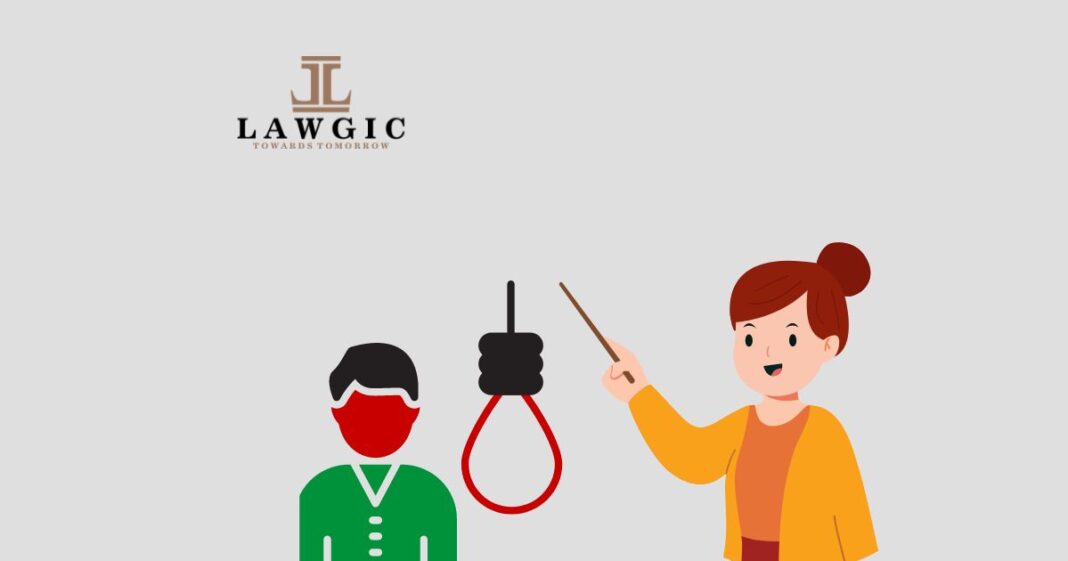Case Title: Naresh Kapoor vs State
A single bench of Justice Jasjit Singh Bedi of the Punjab and Haryana High Court emphasized that a teacher, even when employing stern language for disciplinary purposes, should not be deemed responsible for the tragic suicide of a highly sensitive student.
The bench articulated this view while exonerating a Mathematics teacher who faced allegations of influencing a tenth-grade student to take their own life through his strict interactions with students.
The bench said “Disciplining could include taking steps to curb their unruly behaviour or pushing them harder to improve their grades. In either situation, a Teacher is likely to use harsh and aggressive language. The majority of students are unlikely to get affected by the act, conduct or language of a Teacher. However, if a particular student, who has a hypersensitive nature, commits suicide, then it would indeed be a travesty of justice that a well-meaning Teacher would have to face Trial for abetment in such a scenario”.
Against the backdrop of a tragic incident in 2019, a 15-year-old girl was discovered deceased at her residence, having taken her own life by hanging from a ceiling fan. In a note she left behind, the student attributed her decision to the emotional distress allegedly caused by her Mathematics teacher, Naresh Kapoor, at the school.
Subsequently, Kapoor faced charges of abetting suicide under the Indian Penal Code (IPC), which led to the framing of charges against him by a trial court. Challenging this decision, Kapoor sought relief from the High Court.
During the proceedings, Kapoor’s legal representative contended that interactions between the teacher and the deceased student were minimal in the days preceding the tragic event due to various factors such as holidays or leaves taken by either party.
The defense argued that the lack of significant communication negated the possibility of Kapoor being held accountable for abetment of suicide. Moreover, it was revealed that a school committee, established under the Protection of Child Rights Act, 2001, had exonerated Kapoor, affirming his competence as an educator and refuting claims of harassment against the student.
The Court specified that the scenario would vary if there was evidence indicating that a teacher had significantly harassed a student, “However, on the other hand, if there is evidence to suggest that the act and conduct of a Teacher was particularly harsh towards a specific student and there were multiple specific incidents of acute harassment then the situation would be completely different”.
The bench determined that there was evidence suggesting that the deceased student struggled academically and was solely admonished in relation to this matter.Furthermore, neither the first information report nor the suicide note explicitly mention any instances of acute harassment that could be construed as abetment.
Contrarily, the State opposed Kapoor’s plea, asserting a strong prima facie case against him, alleging that his actions had driven the student to take her own life.
The State, supported by the complainant’s counsel, urged the High Court to reject Kapoor’s plea, citing sufficient grounds to press criminal charges against him. Nevertheless, the High Court ruled in favor of Kapoor, terminating the criminal proceedings against him.
Consequently, the Court nullified the trial court’s decision to frame charges against the teacher and dismissed the police chargesheet in the case.


